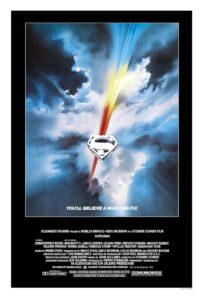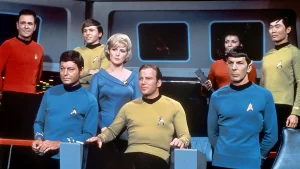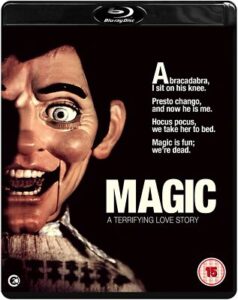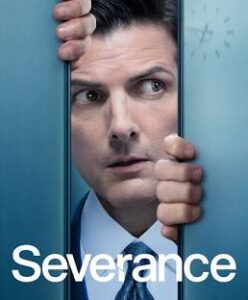.
I hate the term ‘Conspiracy Theory’ as it gives far too much credence and plausibility to these insane and utterly batshit fantasies. In science a theory is something well established by test and falsification as being a model accurate to the data observed as to how the world functions. Conspiracists take falsehoods, unsupported preconceived notions, mixed heavily with idiosyncratic worldview to construct elaborate fantasies justifying the thing that they already want to believe. Once let loose and infecting minds conspiracies are undying, immune to facts, logic, and all evidence.
The Protocols of the Elders of Zion, antisemitic propaganda invented by the Czars of Imperial Russia has been debunked repeatedly but the popularization of the fantasy of a global plot by the Jews to control the world remains as potent and deadly today as it did 122 years ago when that despicable tract was loosed on the world.
Humanity achieved a technological marvel in 1969 when men walked on the surface of the moon and returned safely but within a few short years, fueled by cynicism propelled by both politics and entertainment Americans began believing in serious numbers that the entire endeavor had been faked. Again, fact and evidence are futile in killing the fantasy and people continue to believe it to this day.
Andrew Wakefield, a British physician, for monetary gain published a falsified study in 1998 linking vaccines to autism, again facts and science were unable to dislodge this destructive meme from the public consciousness and now adherents to his fraud control the levers of America’s medical system.
All this brings me to Trump and Epstein. That Jeffrey Epstein, a New York financier and socialite, rubbed elbows and traveled extensively with celebrities of entertainment, commerce, and government is an accepted fact. It is also a fact that the man was responsible for years of sexual assaults on young girls and women but suffered little criminal punishment for his convicted crimes. It is almost certain that his wealth and connections allowed him to avoid serious consequences for his actions. That others participated either in deed or knowledge of these heinous actions is a reasonable supposition but is not in evidence at this time. His death by suicide propelled more conjecture that others acted to ‘silence’ him but again this is not in evidence at this time.
The lack of evidence has never stopped; in fact, it is a growth medium, for conspiratorial fantasies and those did indeed erupt around Epstein.
Trump and his supporters cultivated these fantasies, fertilized them with their own bullshit, and weaponized, quite effectively, them against their political opponents. The tale grew and grew until to the believers, who accepted with a religious fervor, just knew, even without any actual evidence, that every high democratic person must somehow be entwined in the terrible affair.
Now, with the people who pushed and fed the flames of this firestorm of accusations occupying the very positions that have access to all the ‘hidden evidence’ Trump and his circle want the fantasies to stop. His name is too often correlated with Epstein’s, and it would be best if everyone would just accept the official report and move on to other matters.
But conspiratorial fantasies are forever. They are immune to fact, evidence, and logic surviving no matter the arguments arrayed against them. Those who have held these things about Epstein as ‘truth’ are not going to be dissuaded from their religious convictions by a press release or two.
Will this break Trump’s collation? Will enough followers cease to follow that he loses his ability to the threaten Republicans into submission? I don’t know and neither do you. “Always in motion is the future.” I do know this, he can’t extinguish these flames. Neither those on the right, convinced that Democrats held satanic orgies with these children, or those on the left, certain that Trump raped little girls alongside Epstein, will ever be moved from the convictions that define their worldview.





